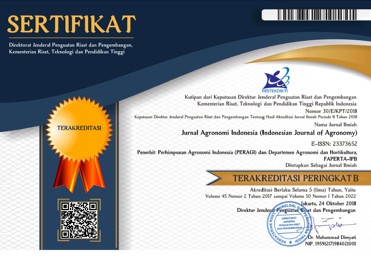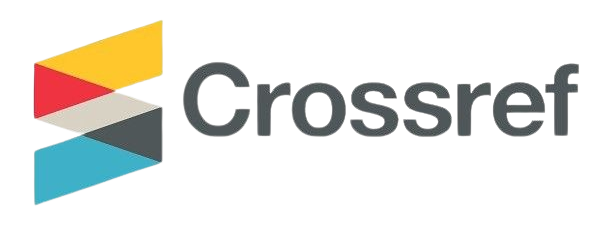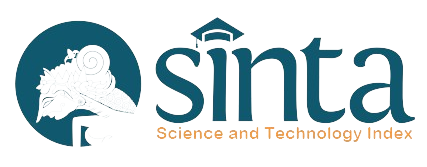Aplikasi Bakteri Probiotik Pseudomonas Kelompok Fluorescens untuk Meningkatkan Produksi dan Mutu Benih Cabai
Keywords:
anthracnose, Colletotrichum acutatum, control, matriconditioning, spraying
Abstract
ABSTRACTThe use of high quality seed is one of the key factors to improve productivity. Probiotic bacteria has been used to increase plant growth and to control pathogens. The objective of the research was to evaluate methods of chili seed production that yielded high physiological and pathological quality using probiotic fluorescent bacteria Pseudomonas (P24). The bacteria was expected to function as plant growth promoting bacteria as well as capable of controling seedborne pathogen Colletotrichum acutatum causes antrachnose. The experiment was conducted during March until October 2014 in Seed Health Laboratory, Plant Bacteriology Laboratory, and Leuwikopo experimental garden, IPB. The experiment was arranged in a split plot randomized complete block design with three replications. The main plots were untreated and inoculation of C. acutatum. The subplot was six treatments of fluorescent Pseudomonas (P24) application. The results showed that matriconditioning and spraying of fluorescent Pseudomonas (P24) on nursery decreased disease incidence significantly. Matriconditioning and spraying of fluorescent Pseudomonas (P24) on nursery and flowering phase increased number of healthy fruit and total weight of seeds per plant significantly. These applications also increased seed physiological quality indicated by germination percentage (GP) 77.04%, growth rate (GR) 9.72% etmal-1, vigor index (VI) 29.74%, and seed health by suppresed C. acutatum infection up to 12.25%.
Keywords: anthracnose, Colletotrichum acutatum, control, matriconditioning, spraying
Published
2017-01-20
How to Cite
PermatasariO. S. I., WidajatiE., SyukurM., & Giyanto dan. (2017). Aplikasi Bakteri Probiotik Pseudomonas Kelompok Fluorescens untuk Meningkatkan Produksi dan Mutu Benih Cabai. Jurnal Agronomi Indonesia (Indonesian Journal of Agronomy), 44(3), 292-298. https://doi.org/10.24831/jai.v44i3.13544
Section
Articles












